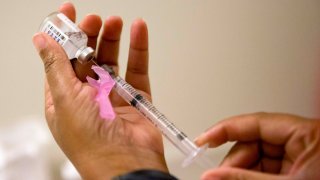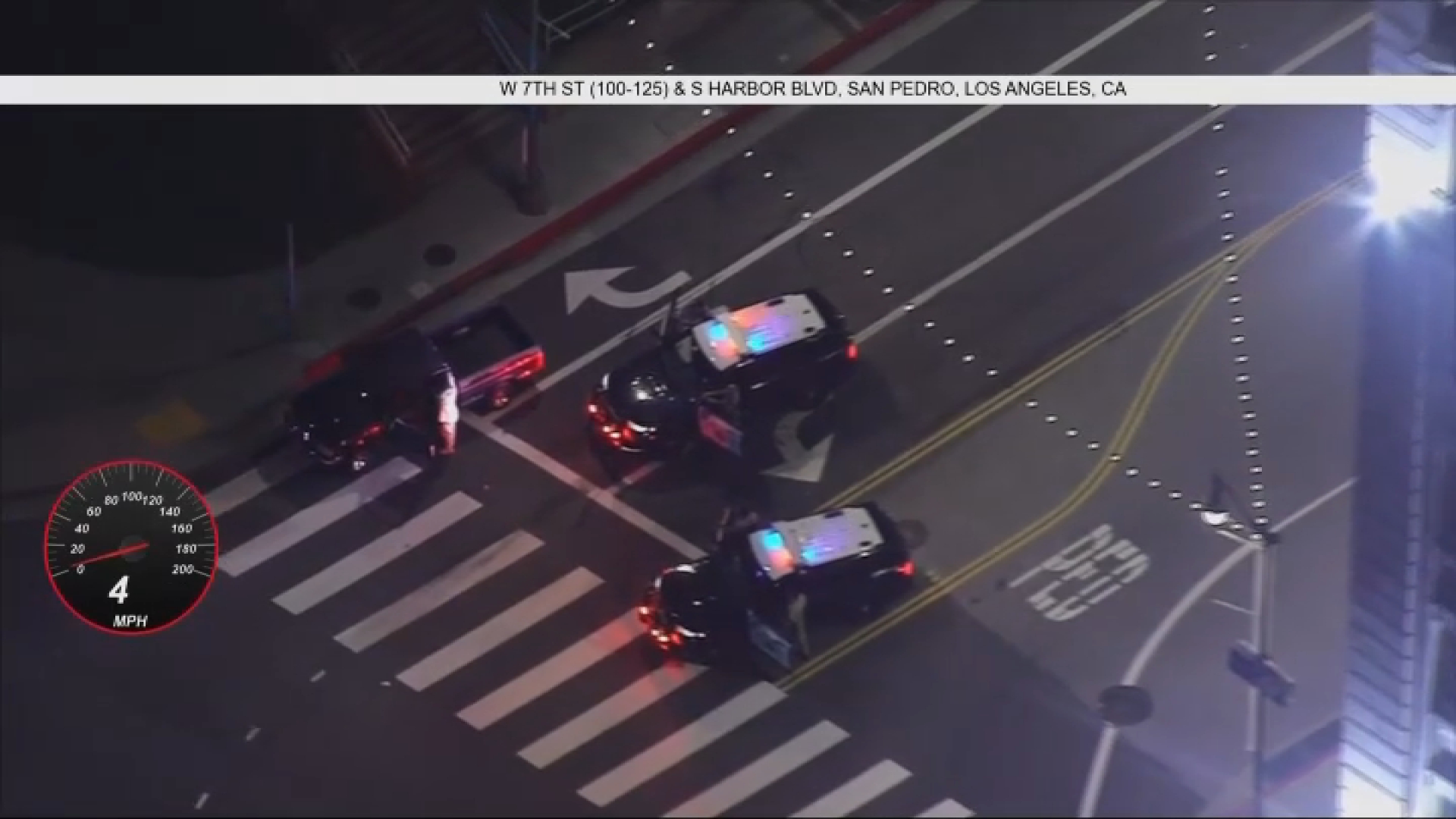
A study released this week has found that a law aimed at boosting vaccination rates across California had the greatest effect in high-risk areas where the vaccination rates were the lowest.
The peer-reviewed study published in the journal PLOS Medicine on Monday shows that the 2016 legislation contributed to a 3.3% increase statewide for measles, mumps and rubella vaccine and a 2.4% decrease in the number of requests for non-medical or personal belief exemptions to childhood vaccination requirements.
California adopted the strictest childhood vaccination laws in the nation after public health officials connected more than 100 measles cases to an outbreak at Disneyland that began in December 2014.
The law requires children to be vaccinated to attend public or private schools. It allows for medical exemptions if there is a clear medical reason that children should not be vaccinated.
Researchers told the Sacramento Bee that previous studies concluded the law helped improve the state's overall vaccination rate from 92.8 percent in 2015 to 95 percent in 2017. But the latest study shows the largest increase in vaccinations occurred in counties with lower rates before the law went into effect.
"That 3 to 4 percent increase (statewide) represents much larger vaccine coverage increases in a fraction of California,” said Dr. Nathan Lo, a public health scientist at UCSF Medical Center who co-authored the study.
Lo added: “There are a few counties in California that had particularly low vaccine coverage and in those high-risk counties — those low vaccine coverage counties — that’s where it increased dramatically by 10-plus percent.”
Local
Get Los Angeles's latest local news on crime, entertainment, weather, schools, COVID, cost of living and more. Here's your go-to source for today's LA news.
The study also found that the policy change was associated with a 0.4 percent increase in medical exemptions statewide and a 2.4 percent increase for counties.
The trend led lawmakers to pass a bill in September to crack down on doctors who write bogus medical exemptions for school childrens' vaccinations. Debate over the bill drew hundreds of advocates to the state Capitol in emotional support or opposition.
Democratic Sen. Richard Pan, a physician who authored several bills seeking to limit exemptions for child vaccinations, said the latest study shed light to some degree on the 2016 law's effect on local neighborhoods.
“An exposure happens in a neighborhood,” Pan said. “It doesn’t happen across the state at one time.”



